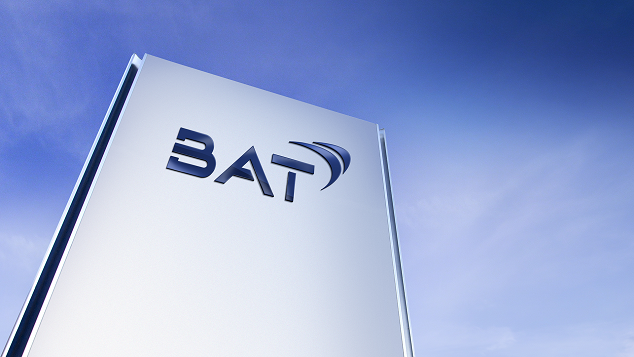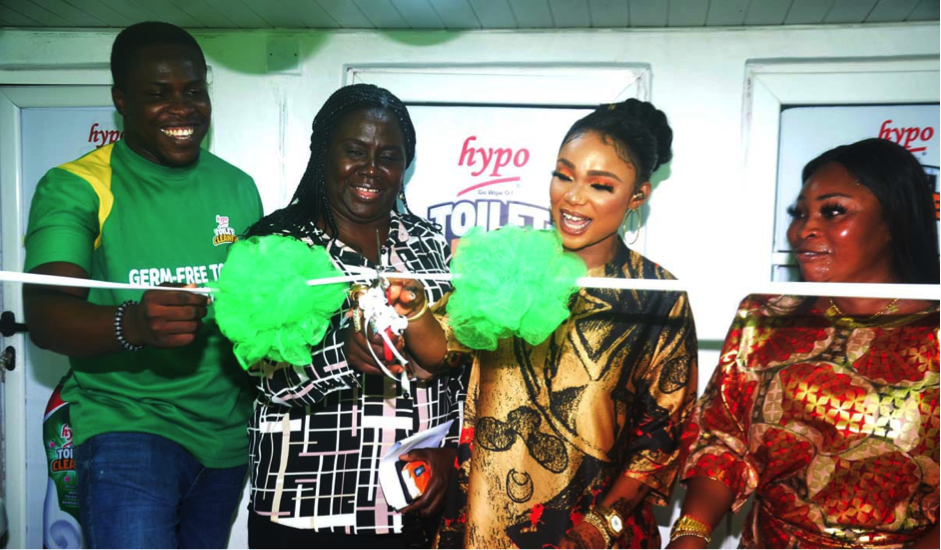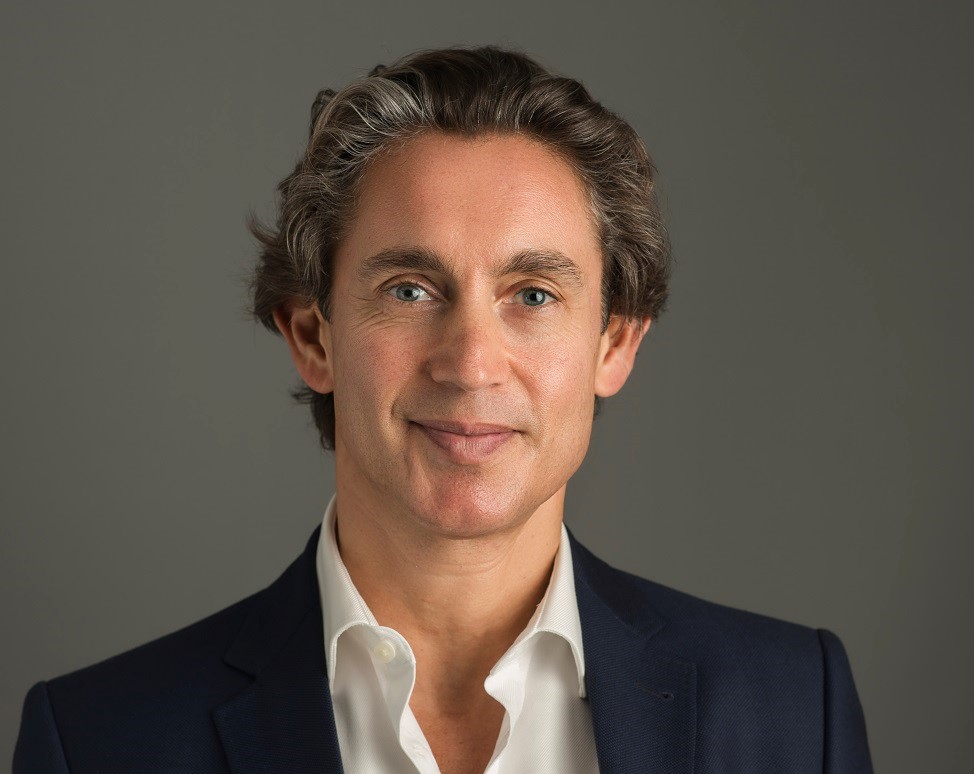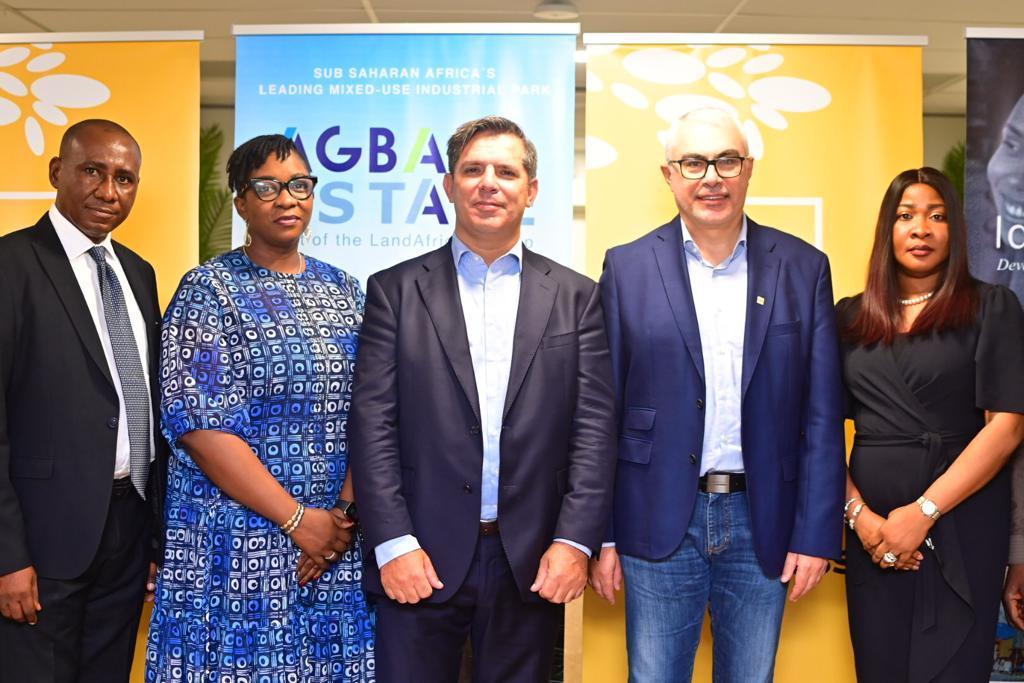BY FESTUS ADI
Plastic egg crates, plastic bags, fabrics, throw pillows, tissue paper, paper crates, cardboards, ceiling boards, block making additives, organic manure, farming implements such as machetes, hoes, and the list continues. This list may look like products on offer from a conglomerate, but these are actually some of the by-products from the waste recycling programme of the British American Tobacco (BAT) factory in Ibadan. The company achieved 100 per cent waste recycling and zero waste to landfill at its Ibadan factory in March 2021.
Environmental pollution from industrial and manufacturing activity is a global problem. Elevated industrial output has inherently increased the volumes of industrial wastes generated. The pollutants include chemicals, fuels, paper waste, food wastes, sewage, packaging such as plastics etc most of which end up in landfills or water bodies, contributing to environmental pollution.
It follows, therefore, that to solve the problem of global environmental pollution, governments, and businesses, must seek ways to minimize their accumulation and promote proper disposal. Some quick wins which have been promoted include limiting the use of single use plastics; waste recycling, particularly plastics, considering their ubiquity; and the efficient management of landfills.
BAT’s success in achieving 100% recycling of all waste generated at its factory in Ibadan is thus a remarkable development. Heartwarming as this milestone achievement might be to environmental enthusiasts; it indeed gets more interesting when it is revealed that BAT achieved this feat with the support of an implementation partner that is a homegrown (100 percent) Nigerian company.
Enter a little known waste recycling company, Skaj & U Investment Nigeria Limited, whose position today belies their humble beginnings as a company that started out as an aggregator of waste paper, which it supplied to a paper recycling plant some 25 years ago. The company says the project with BAT has catalysed its growth. Specifically, they had to employ 150 skilled and unskilled workers to tend to the recycling project at the BAT factory. This was in addition to the expansion of its recycling capacity with the acquisition of new machinery and the introduction of new recycling processes.
Many global corporations have reengineered operations across their value chains to minimize their environmental impact. Environmental, Safety, and Governance (ESG) priorities are increasingly important in the reckoning of companies in the global business environment. Recycling of waste products is among measures that they deploy to reduce environmental pollution, improve efficiency of resource use and reduce their carbon footprint.
In Nigeria, the story is the same. Recycling companies have sprung up that go beyond their regular operations by partnering with the corporate sector and some state governments like Lagos State, to help them actualize their aspirations regarding waste recycling. Names like Wecyclers, Recycle Points, PAKAM, etc readily come to mind.
BAT Nigeria launched a corporate recycling programme in 2019, in partnership with some recycling companies in Nigeria. Apparently, the partnerships with the local recyclers has vastly accelerated the company’s waste recycling programme such that BAT Nigeria achieved 100% recycling and zero waste to landfill earlier in 2021. This feat was accomplished four years ahead of the Group’s global ESG target of 2025, as announced in its global strategy announced in March 2020.
This is why the efforts of the implementation partner, Skaj & U investment Limited, and indeed the efforts of sundry recycling companies across Nigeria must be applauded.
Skaj & U, which started off as a waste paper aggregator and transitioned to paper recycling years ago, is today, able to recycle such diverse products as plastic waste, spent oil, tyres, metal waste, carton waste, pallet waste, packs and label waste, waste water, canteen waste, nylon waste, tow waste, foil waste, used kegs, used drums, cable waste and sludge, etc at the BAT factory in Ibadan.
While celebrating the improvement in the company’s strategic, Research &Development (R&D), and operational competencies due to the investments in new machinery, and the expansion of their capacity and processes on account of the scale and novelty of this project, it must also be recognised that some of the machines acquired for this project were also fabricated in Nigeria and by Nigerian companies. This goes to show that beyond empowering the recycling company, partnerships of this nature also improve capacity further down the value chain. Part funding to finance the project was also provided by Nigerian commercial banks.
Environmental pollution remains a gnawing problem in Nigeria. Thankfully, more organisations like BAT are rising to the occasion and tackling the menace head on. Lafarge Africa Plc for example said in its 2020 sustainability reports that it reutilized 71, 029 tonnes of waste in 2020. It achieved this by partnering with the Food and Beverage Recycling Alliance (FBRA). Similarly, Coca Cola Nigeria along with Nigeria Bottling Company have aggressively pursued waste recycling, reportedly recycling over one billion plastic bottles. This has been facilitated through partnerships with recycling companies such as Recycle Points, West Africa Energy, Chanja datti, Wecyclers and many other collectors in the FBRA.
The public sector is also beginning to do more to address the waste challenge. The Lagos State government, for instance, announced in April 2021 that it was transitioning from waste disposal to waste conversion (recycling) partly on account of limited dumpsites. The Commissioner for Environment and Water Resources, Mr. Tunji Bello, stated that the project is expected to create 6,000 jobs initially. The State along with its project partners has also deployed technology in the form of a mobile application known as PAKAM, which enables users to request for pickup of recyclable materials from their homes by registered aggregators on the mobile application. The impacts of this project, beyond delivering a cleaner and healthier environment to Lagosians, will hopefully mirror on a far bigger scale, the catalytic effects earlier detailed on the BAT partnership with its implementation partner for the recycling project at its factory in Ibadan.
At a time of ever increasing necessity for governments and corporations to minimize the impacts of their operations on the environment and deliver a sustainable future, partnerships of this nature that also create new jobs, improve entrepreneurial and technical competencies of our homegrown companies are welcome and should be encouraged.
Adi is an environmental activist based in Lagos.
Add a comment






